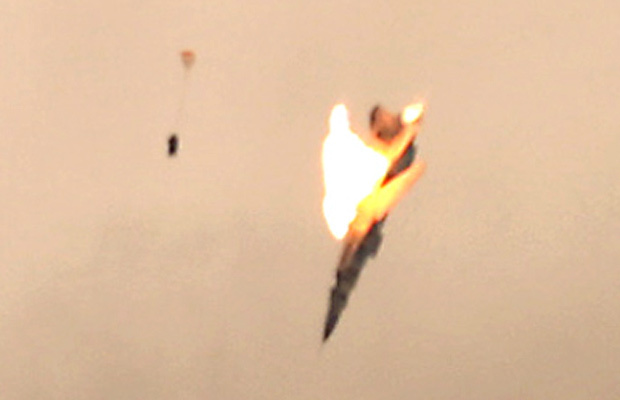
In English we have an odd expression: “to have a good war”. The phrase was originally used to describe someone who was decorated or otherwise distinguished themselves, usually during WW II. Allan Massie, for example, wrote that author William Golding “had a good war, first as an ordinary seaman, then as an officer in command of a Landing Craft Tank (Rocket) on D-Day”. Today, newspapers and blogs have been quick to use the phrase for politicians. So David Cameron and Nicolas Sarkozy are said to have had a “good war” over Libya, so far at least, with Barack Obama faring differently.
Organisations also have good and bad wars – with their experience either confirming their stature or predicting their demise. So the UN Security Council has had a surprisingly decent war. Gridlocked for most of the Cold War and active in the immediate post-Cold War period, the council had begun to revert. But the Security Council has sprung into life over Libya, adopting not one but two resolutions, with the latest one authorising military action.
The Arab League has also had a good war. The organisation that sanctioned Egypt for making peace with Israel and refused to kick out Iraq for invading Kuwait, reacted decisively over Libya. It was the first time the organisation has ever voted unanimously to condemn or sanction a fellow Arab state.
The Gulf Cooperation Council, on the other hand, has fared differently. On the one hand, the Gulf states that make up the GCC stressed early on that that the Libyan regime of Muammar Gaddafi was illegitimate and that contacts should be initiated with the transitional National Council in Libya. But, at the same time, troops from GCC states have entered Bahrain to restore order after weeks of sporadic unrest. In other words, the GCC is willing to confer legitimacy upon Libyan dissidents, but not upon their Bahraini counterparts.
The organisation that has done worst is the African Union (AU), a long-time favourite of the FCO and DfiD. It was slow to issue a response to the events in Libya, which eventually came in the form of a statement on March 10 expressing “deep concern” over the violence in Libya and saying that it posed “a serious threat to peace and security”. But the AU’s Peace and Security Council (PSC) also expressed solidarity with Libya and rejected “any foreign military intervention, whatever its form”. Three African countries on the UNSC including Nigeria, South Africa and Gabon supported the UN’s resolution on Libya authorizing the no-fly zone and “all necessary measures” to protect civilians, thus undermining their own votes in the AU. So much for the mantra “Africans solutions to African problems”.
Then there is NATO. Blocked by German and Turkey pacifism, it looks difficult for NATO to lead the no-fly zone and the meeting today in Paris may see the creation of a coalition-of-the-willing, which will begin operation and only hand over, ISAF-style, to NATO once the operation looks sufficiently successful. But if this is the case, NATO will have suffered quite a blow to its prestige. Finally, there is the EU, which has performed appallingly. The fact-finding mission by an EU team to Tripoli was roundly dismissed as appeasement and the EU council of leaders was blocked from any kind of action.
The Libya crisis will change a number of international facts, whatever the final outcome. It may lead to a rejuvenation of the UNSC, a continuation of coalitions-of-the-willing, a downgrading of formalised regional organisations like the African Union and NATO, as well as the EU, but a new lease of life for the Arab League.






Comments